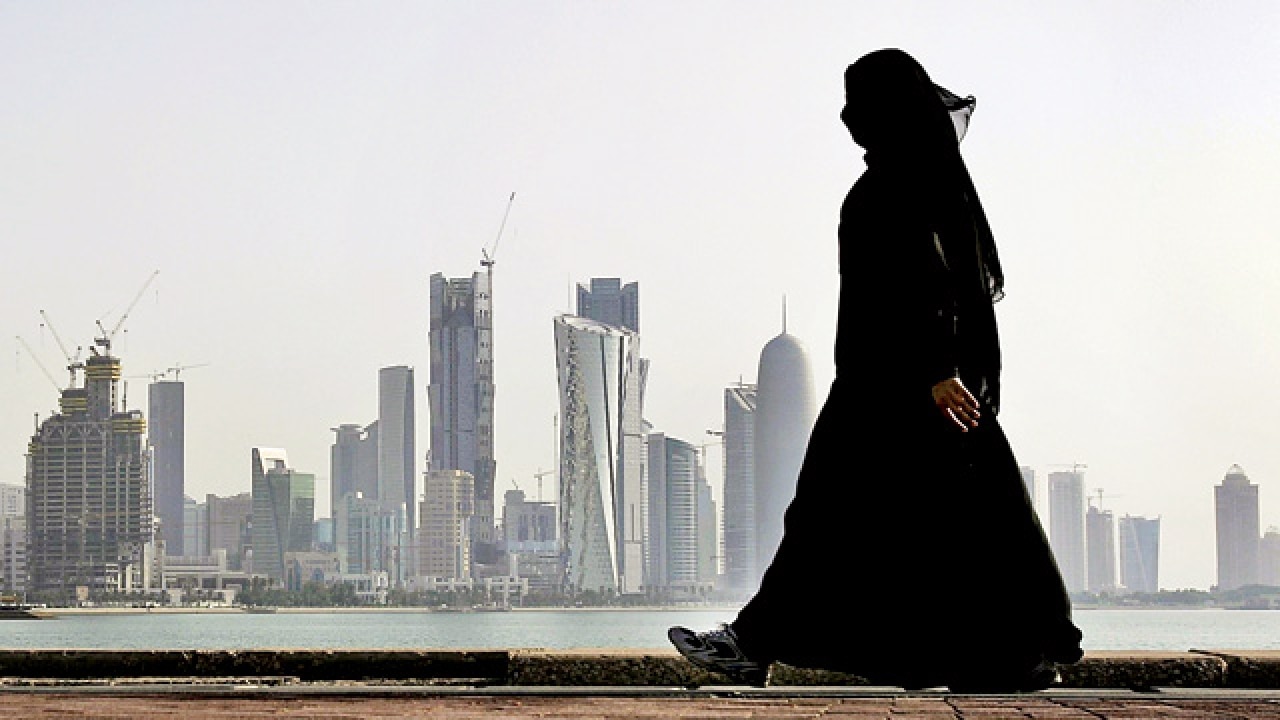
Saudi Arabia, the United Arab Emirates, Bahrain and Egypt cut diplomatic ties with Qatar on June 5, accusing it of backing terrorism and promoting policies which destabilise. The Gulf States asked their citizens not to travel to Qatar and ordered Qatari citizens to leave within 14 days and also closed air, sea and land routes. Qatar immediately denied any such support for extremists and expressed its willingness to sit and negotiate about ending the impasse.
However, right now, there are no indications of an immediate end to the crisis, with these countries bringing all their energy together to punish Qatar. Truly, it is not all of a sudden that Saudi Arabia and the other three decided to diplomatically isolate Qatar. In fact, for years these countries have charged Qatar with supporting the Muslim Brotherhood. Riyadh has accused Doha of supporting Iran in carrying out terrorist activities in Saudi Arabia. The Gulf countries have also in the past expressed their anger against Qatar for supporting terrorist organisations in Yemen.
During the Arab Spring uprisings beginning in 2010, Qatar’s support for the removal of authoritarian rulers in Egypt and Tunisia had angered its Gulf neighbours. The Qatari government-owned Al Jazeera network’s pro-Islamist coverage has been an irritating element between Doha and these countries. Moreover, the Saudi Arabia-led Gulf countries have never liked Qatar’s attempt to emerge out of the shadow of its hegemony in the region.
While these factors have continued to inflame the simmering tensions between Qatar and other Gulf countries, Trump’s visit to Saudi Arabia and his call for a united front among Muslim countries against extremism emboldened the Arab countries to enhance their efforts to clip the wings of Qatar. Thus, when reports started coming in on June 5 about Sheikh Tamim bin Hamad Al Thani’s renewed objections to the United States’ and Gulf countries’ hostility towards Iran and him allegedly describing Hamas, Hezbollah and the Muslim Brotherhood as merely resistance movements, these States found it timely to squeeze Qatar.
Whatever may have been the immediate reasons for the crisis, Qatar has begun to face the brunt, given its dependability on its Arab neighbours for physical access and import of essential items. In fact, there is a huge shortage of food in Qatar and the financial and already-stretched banking systems have been badly impacted, as Qatar has started facing a shortage of dollars and other foreign currencies. Shipments of liquid natural gas, Qatar’s chief export, have also been disrupted. As more than half the labour force working in Qatar comes from outside, the bans on the movement of their citizens by other Gulf neighbours will completely stop developmental activities. Consequently, the crisis can adversely impact Qatar hosting the 2022 football World Cup.
Of course, it will be naive to believe that the current Gulf crisis will not embrace other countries. India has all the more reason to be concerned about the situation in the region, with Qatar being home to almost 6,50,000 Indian citizens. Their security and safety have, therefore, become one of the prime concerns for the Indian government. Qatar is also the largest supplier of liquid natural gas for India while Saudi Arabia is India’s second-largest oil supplier. Thus, given India’s strategic and economic interests in the region and its ties with all Gulf countries, the Modi government has rightly taken a principled position of asking countries in the region to resolve the crisis through talks.
Since Qatar hosts the US’ largest airbase in the Middle East, overseeing operations in Syria, Iraq, Afghanistan and 17 other nations, and strong global clamours have been raised for early resolution of the crisis, it is highly unlikely for the US to keep the crisis lingering beyond a limit. Thus, it should be hoped that the Trump administration will soon gear into engaging others to resolve the standoff.
The author is Senior Researcher at the UGC Centre for Southern Asia Studies